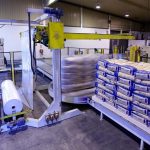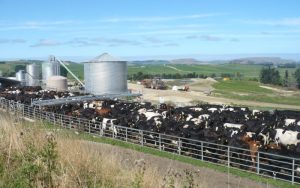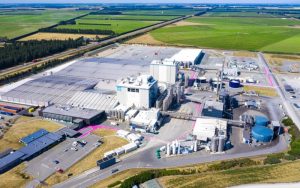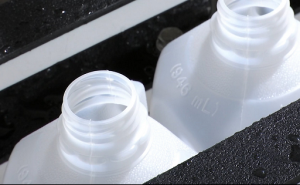
Last month the departing American President’s officials initiated dispute settlement consultations over the unfair allocation of quota for dairy imports into the Canadian market.
Trump’s top trade official Robert Lighthizer said the allocations by Canadian officials favoured their own dairy processors at the expense of distributors of American dairy products and undermined the value of the quotas negotiated as part of the United States, Mexico, Canada (USMCA) trade agreement which began last July.
US dairy companies claim up to 85% of cheese quotas set aside by Canadian officials for local processors shuts them out of the market and flies in the face of the USMCA which prohibits such restrictions on imports.
New Zealand officials last August raised concerns with their Canadian counterparts over the administration of dairy import quotas created under the 12-country Comprehensive and Progressive TransPacific Partnership (CPTPP) trade deal.
The Dairy Companies Association of New Zealand (DCANZ)’s executive director Kimberly Crewther says Trump’s complaint with the Canadians had a familiar ring to it.
“The US move to ask for consultations under USMCA to address Canadian administration of tariff-rate quotas is certainly of interest and relevance for us given the high degree of similarities in obligations between that agreement and CPTPP,” she said.
The industry was bitterly disappointed at the limited amount of new quota created for the Canadian market when the CPTPP’s predecessor agreement the TransPacific Partnership (TPP) was first agreed.
But Canada’s dishing out of quota to local processors means the actual amount filled by NZ exporters has been far short of even that.
According to the Dairy Companies Association, just 7% of Canada’s dairy quota was filled in the first year of CPTPP, while 9% was filled in the second year.
The third year’s quota fill rate is on track to be just as meagre.
“We believe Canada’s tariff-rate quota allocation and administration go some way to explain this lack of uptake,” Crewther said.
“Market access outcomes on dairy are hard fought for by NZ’s negotiating teams.
“Rules around tariff-rate quota implementation are included in free trade agreements to ensure countries do not use administration and allocation to undermine that access.
“We have a strong interest in defending the outcomes of the free trade agreements and ensuring their integrity.”
Trump’s request for dairy quota consultations is the first time the USMCA’s dispute settlement chapter has been invoked since the agreement entered into force.
Crewther said she expected the dispute to be carried on by the incoming Biden administration and for any success it had in getting the Canadians to live up to their commitments in the USMCA to be replicated in the CPTPP given the similarities between the two agreements.
“We’d expect in any case that if Canada makes changes to its USMCA quotas that such changes would be multilateralised across all their tariff-rate quotas.”
In the meantime, the industry here would continue to push Ministry of Foreign Affairs and Trade officials to raise the matter at CPTPP committees and at the World Trade Organisation.

























